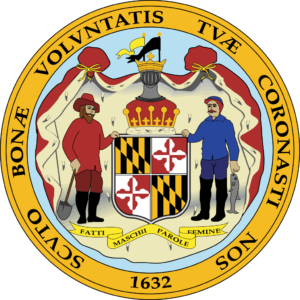McCulloch v. Maryland was a landmark Supreme Court case in 1819. It called into question the relationship between the federal and state governments. In this case, Maryland imposed a tax on banks founded outside of the state. The tax was aimed at the Second Bank of the United States, the only bank that met this criterion. Maryland and other state banks were upset at the Bank of the United States’ preferential treatment when it came to federal taxes. After a depression in 1818, many state banks failed, but The Bank of the United States was able to survive because of its preferential treatment.
Maryland sued the cashier of the Baltimore branch of the Bank of the United States when he refused to pay the tax. A state court, and subsequently the court of appeals, ruled in favor of Maryland. However, The US Supreme court ruled that the Second Bank of the United States was constitutional because of the Necessary and Proper clause of Article I, Section 8 of the Constitution. This clause gives Congress the right to pass laws to execute its powers, including the right to tax and borrow money. Additionally, the Court ruled that Maryland’s tax was unconstitutional because of the Supremacy Clause in Article VI of the Constitution. This clause says that federal law supersedes any conflicting state laws.
Back to Crime Library
|
|
|

